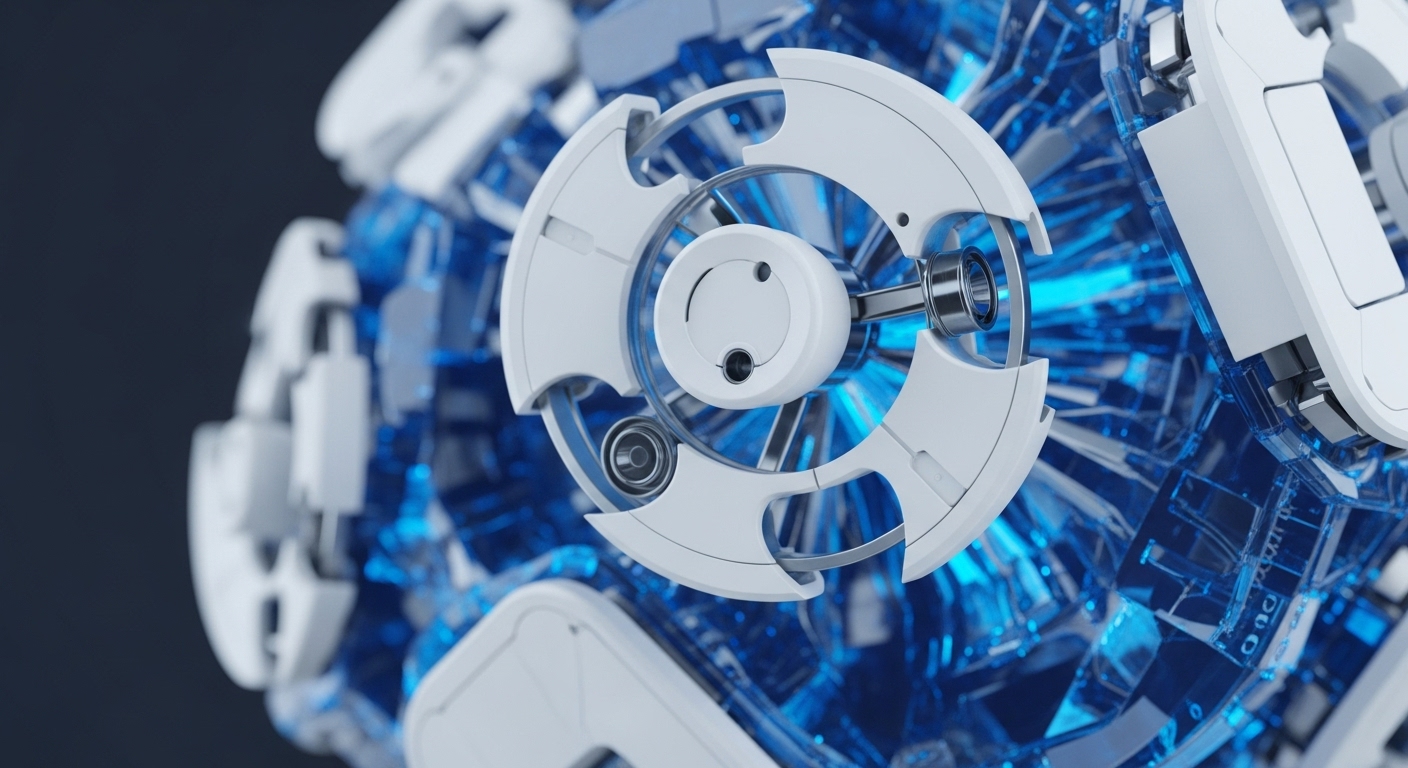
Briefing
The Web3 ecosystem is experiencing a significant evolution with the emergence of Decentralized Autonomous AI Organizations (DeAIOs), which merge AI-driven algorithms with traditional DAO structures. This innovation directly addresses the inherent inefficiencies and human biases prevalent in existing decentralized governance models, promising faster, more scalable, and data-informed decision-making. The current landscape of DAOs collectively manages over $32.5 billion in treasury assets, yet struggles with voter fatigue and proposal stagnation, a critical product gap DeAIOs are designed to close through automated, intelligent processes.
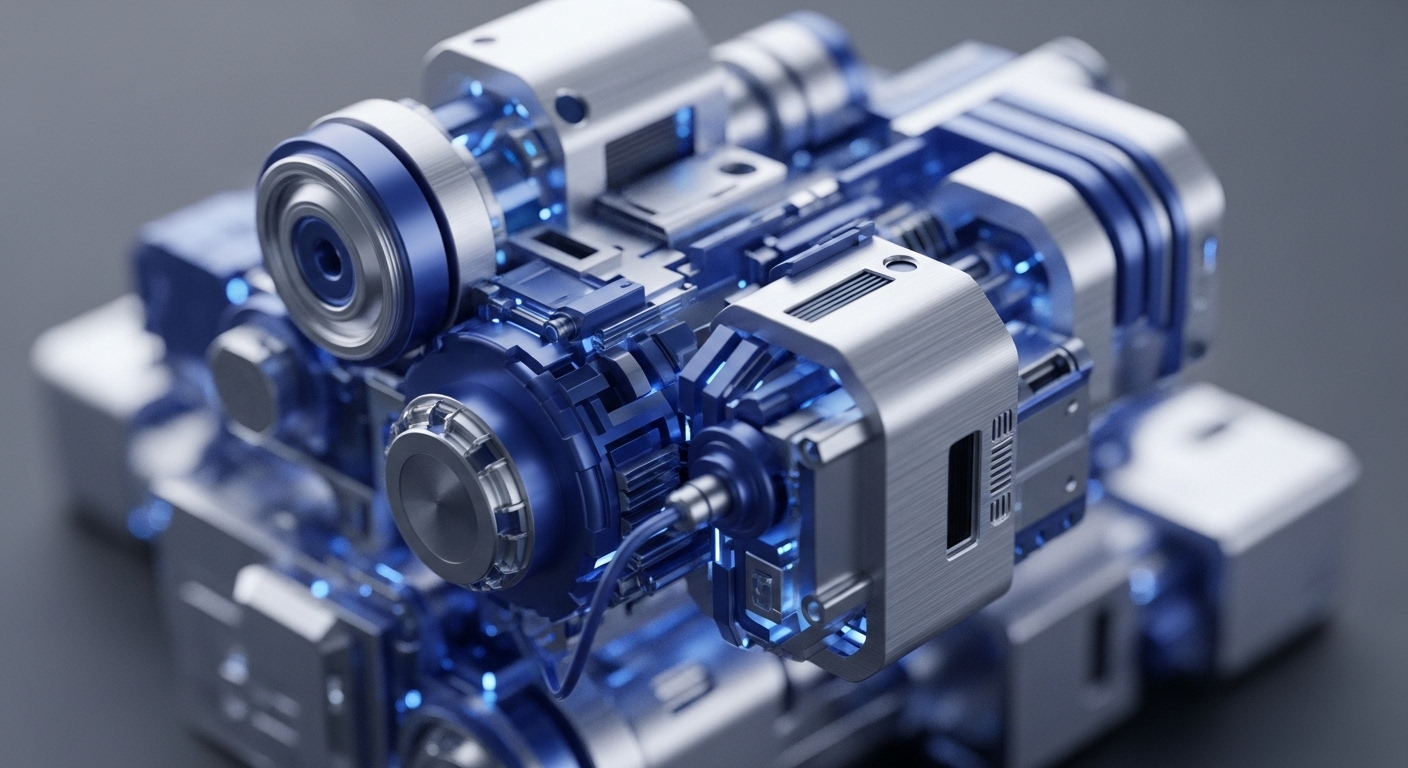
Context
Before the advent of DeAIOs, the decentralized application landscape grappled with substantial friction in its governance mechanisms. Traditional DAOs, while foundational to Web3’s ethos of distributed control, frequently encountered delays in decision-making, fragmented participation, and a reliance on human consensus that often proved cumbersome. A significant portion of DAOs, over 50%, operate with ten or fewer voters, and a majority have fewer than 100 participants, leading to unaddressed proposals and a general lack of engagement. This created a clear product gap for robust, efficient, and scalable governance solutions that could match the growth of on-chain treasuries.
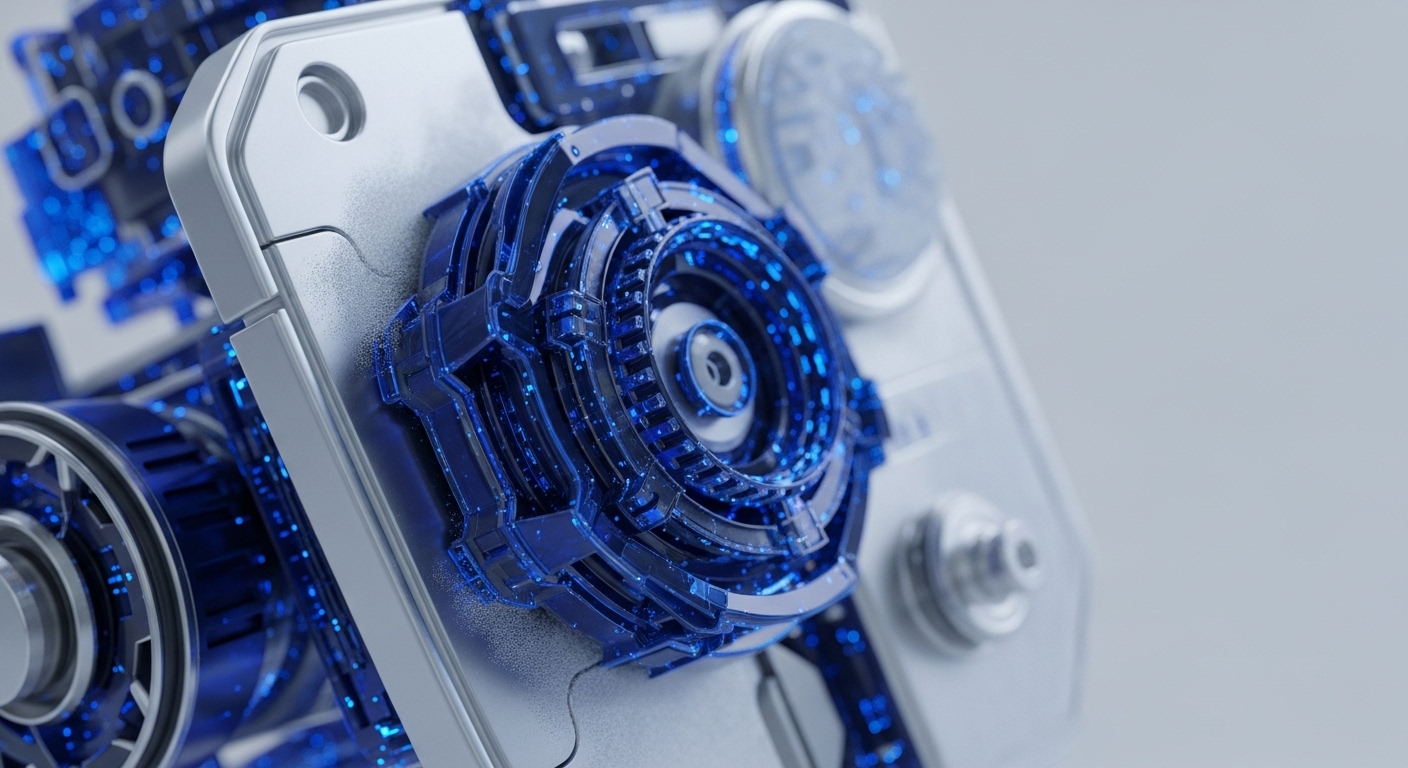
Analysis
DeAIOs fundamentally alter the application layer’s governance system by embedding AI-driven algorithms directly into decision-making frameworks. This integration enables real-time processing of vast datasets, generating data-driven recommendations that surpass human analytical capacity. For end-users and competing protocols, this translates into more responsive and optimized governance, where resource allocation, risk management, and protocol adjustments can occur with unprecedented speed and precision. The system manages large volumes of decisions and transactions with minimal human intervention, ensuring scalability.
Machine learning capabilities allow DeAIOs to adapt dynamically to changing conditions, learning from past judgments and external variables, which can include adjusting vote thresholds based on community activity. This innovation establishes a new standard for operational efficiency and strategic agility within decentralized ecosystems, setting a competitive benchmark for all governance-focused protocols.
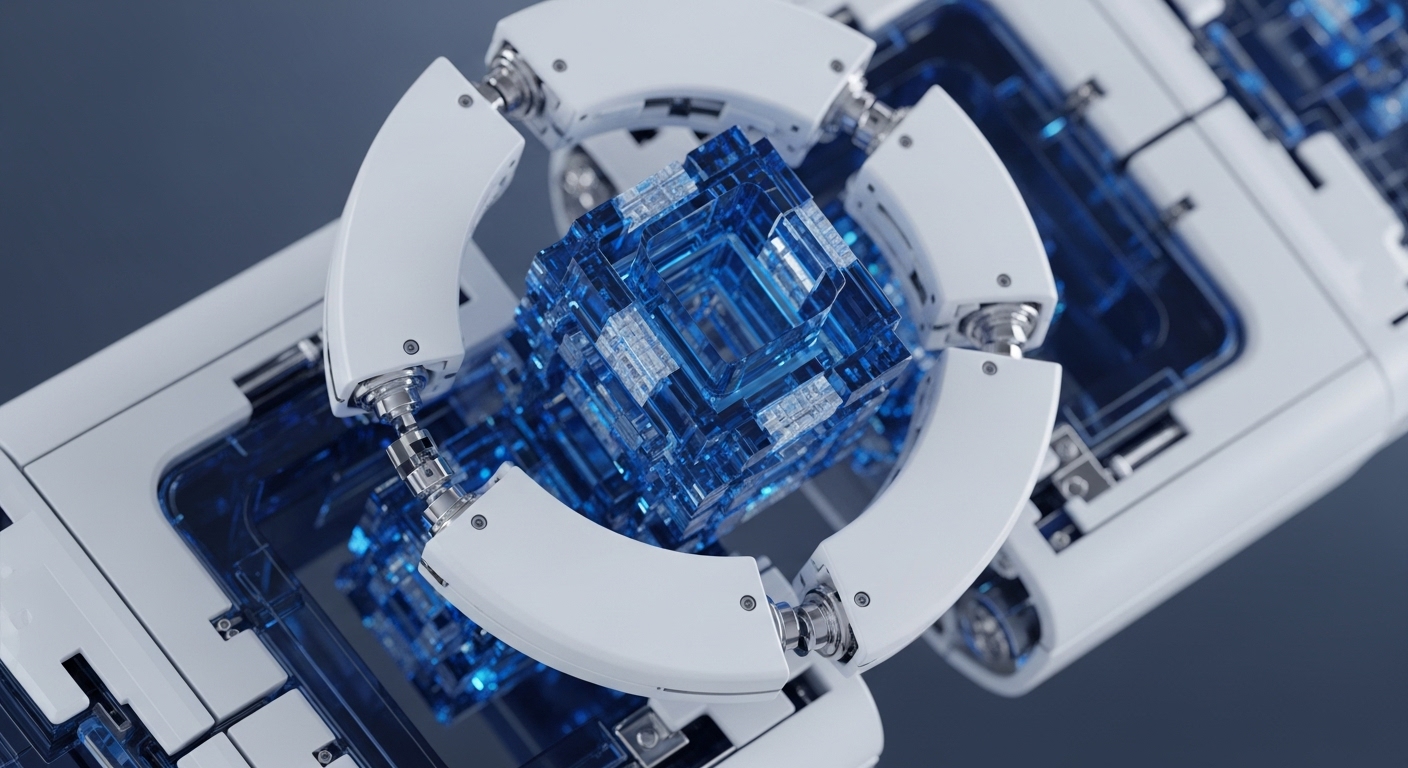
Parameters
- Core Innovation → Integration of AI-driven algorithms into DAO decision-making.
- Problem Addressed → Inefficiencies, human bias, and slow decision-making in traditional DAOs.
- Key Feature – Enhanced Decision-Making → Real-time processing of massive datasets for data-driven recommendations.
- Key Feature – Increased Efficiency → Automation of governance processes for near-instant answers.
- Key Feature – Scalability → AI manages high volumes of decisions with minimal human oversight.
- Key Feature – Adaptability → Machine learning enables real-time adjustments and optimization.
- Total DAO Treasury (Contextual) → Over $32.5 Billion.
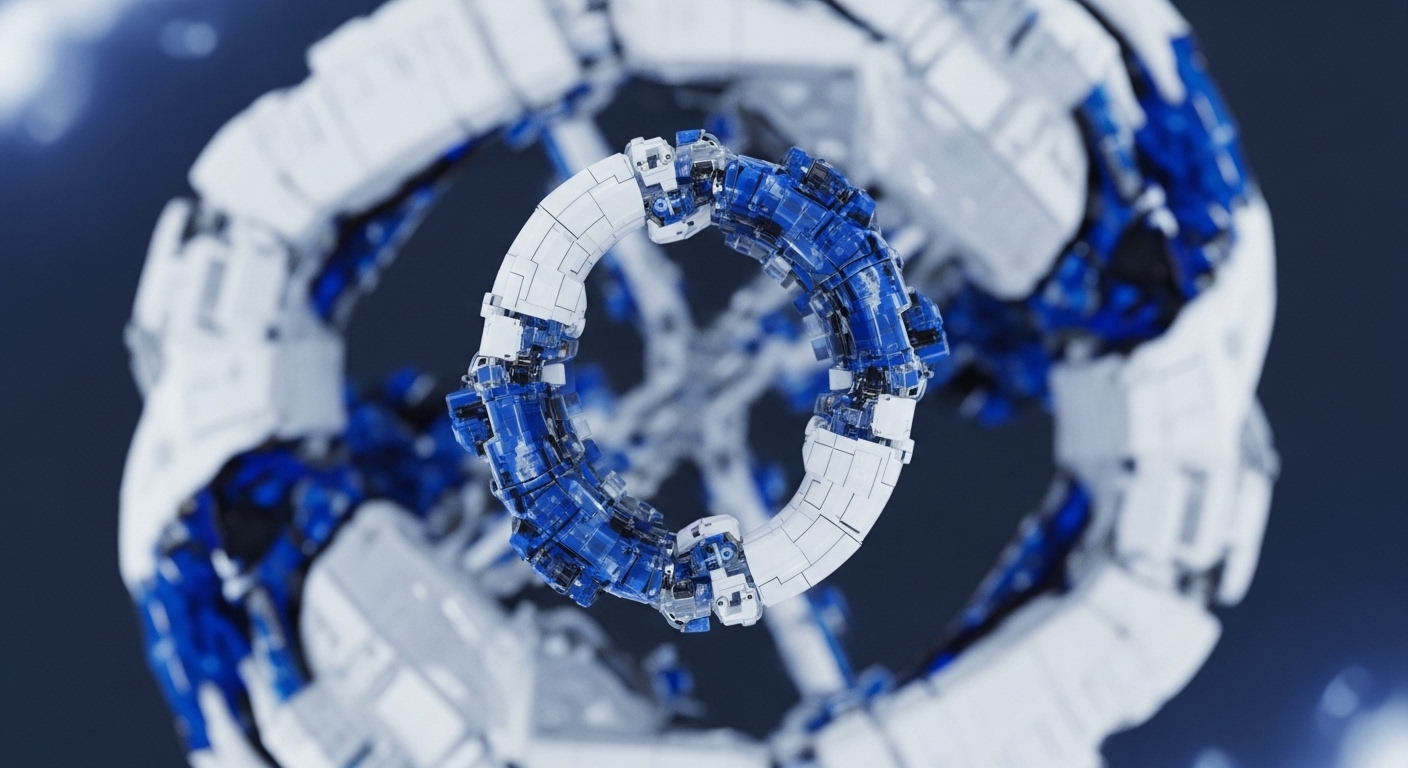
Outlook
The next phase for DeAIOs involves rigorous ethical programming and the establishment of robust accountability frameworks to ensure impartiality and mitigate algorithmic biases. This innovation possesses the potential to be widely adopted and forked across various verticals, from DeFi platforms enhancing risk management and market prediction to decentralized supply chains optimizing logistics. DeAIOs represent a foundational building block for future dApps, offering a new primitive for automated, intelligent governance that could redefine how decentralized networks operate and allocate resources across the entire Web3 ecosystem.
Signal Acquired from → crypto.news
